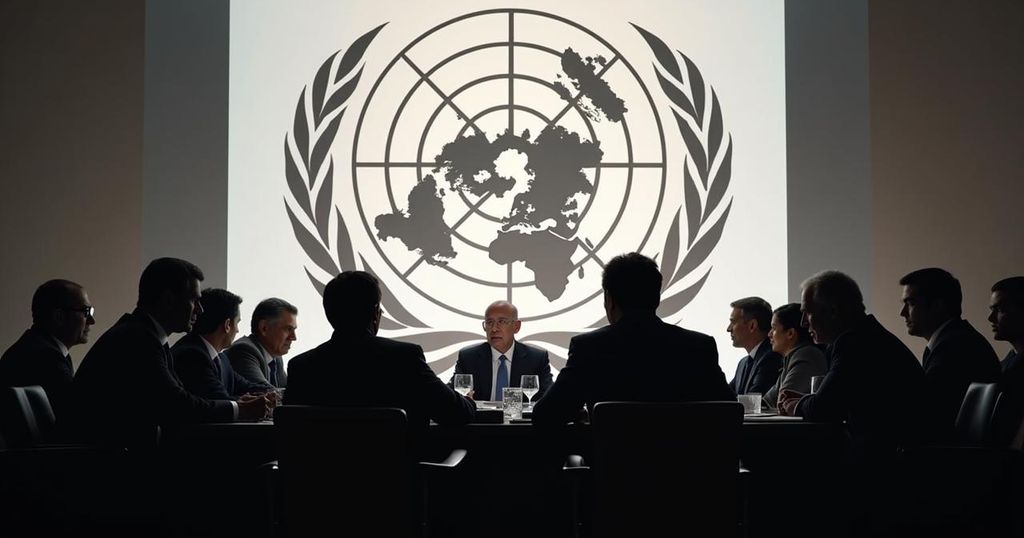Russia Backs India and Brazil’s Bid for Permanent UNSC Seats at UN General Assembly

Russian Foreign Minister Sergey Lavrov announced support for India and Brazil’s bids for permanent UNSC membership during the 79th UN General Assembly, emphasizing the need for a fairer world order and greater representation of the Global South. He criticized Western nations for over-representation and the use of sanctions as geopolitical weapons.
During the 79th United Nations General Assembly, Russian Foreign Minister Sergey Lavrov declared Russia’s support for India and Brazil’s aspirations for permanent membership on the United Nations Security Council (UNSC). Lavrov emphasized that achieving a more equitable global system necessitates enhancing representation for the Global South within the UNSC. He remarked, “A fairer world order undoubtedly requires the expansion of the representation of the Global South in the UN Security Council.” He added that while supporting the candidacies of Brazil and India, any discussion regarding additional seats for Western nations was out of the question, as they are already excessively represented in the council.
The background of this topic stems from a growing global discourse concerning reform in international institutions, particularly the UN Security Council, which has been criticized for lacking adequate representation of emerging powers and developing nations. India’s long-standing pursuit of a permanent UNSC seat is rooted in its desire to better advocate for the interests of the Global South and enhance its role in international governance. The current geopolitical climate, characterized by tensions between Western nations and Russia, further complicates these discussions.
In conclusion, Minister Lavrov’s statements reflect Russia’s commitment to supporting India and Brazil’s permanent seat bids at the United Nations Security Council. This initiative aims to redress the imbalance in representation on the council, particularly in favor of Global South nations. Lavrov’s criticisms of Western policies and the perceived misuse of financial instruments, such as the dollar, underscore a broader call for reform in global cooperation and governance.
Original Source: www.thehindu.com







